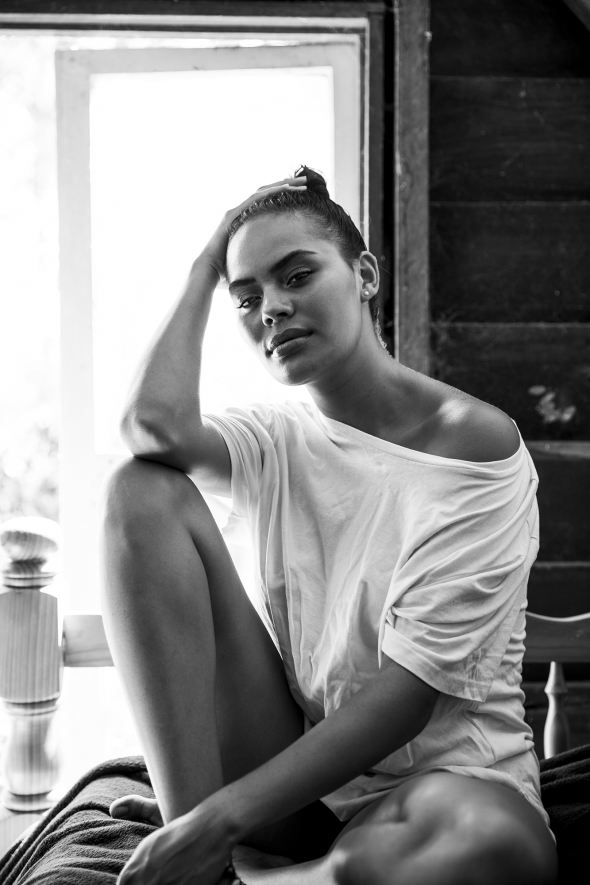“Bimbi Outlook”, a poem written and recited by Guyala Bayles. Posted on National Sorry Day for National Reconciliation Week 2019.
Today, Sunday, 26 May is National Sorry Day 2019 in Australia. It marks the start of National Reconciliation Week.
What is National Sorry Day and National Reconciliation Week?
“On our pathway towards reconciliation, Sorry Day on 26 May is an important moment to remember the past policies of forced child removal. Here, we reflect on the sad and painful history of the Stolen Generations and recognise moments of resilience, healing and the power of saying Sorry.”
– https://www.reconciliation.org.au
The term “Stolen Generations” refers to Aboriginal and Torres Strait Islander Australians who were forcibly removed, as children, from their families by government, welfare or church authorities and placed into institutional care or with non-Indigenous foster families. The forced removal of Aboriginal and Torres Strait Islander children began as early as the mid-1800s and continued until the 1970s. Tasmania is the only state that has introduced a reparation scheme specifically for members of the Stolen Generations.
National Reconciliation Week is bookended by two important dates; 27 May and 3 June. On 27 May 1967, Australians approved a referendum which enabled the Commonwealth government to legislate in Indigenous affairs and granted Indigenous Australians the right to be included in the Census.
“This was the very first time Indigenous people were counted, not just as Australians, but as humans. This was a huge step forward in the view and treatment of Indigenous people in Australia, and it gave us back, however small, a recognition of our humanity,” Ms Emma Gavin (Lecturer in Indigenous Studies at Swinburne University) says.
National Reconciliation Week ends on 3 June, which commemorates the historic High Court judgement in the Mabo case, recognising native title in Australia.
Ms Gavin says National Reconciliation Week is about coming together, acknowledging and remembering the past and making efforts to engage in reconciliation going forward.
Until recently I didn’t know much about the Stolen Generations. I knew nothing about intergenerational trauma and how what was done to Australia’s First Nations people (and continues to happen) is affecting not only members of the Stolen Generations, but also their descendants. The more I learn, the more I realise I don’t know. It is a hugely complex issue that was intentionally kept quiet for a long time. Now we are able to begin to discover more about this topic.
Through my own research I am learning about the true history of this beautiful country. I live in the Macleay Valley in Kempsey Shire where there has been systemic racism since white settlement. It is an area where many massacres took place killing a large portion of the indigenous inhabitants. Racism towards Aboriginal locals continues today and the repercussions of our local history are evident.
Through meeting Aboriginal people and hearing their stories, I learn about their culture, experiences and outlook. I met 19 year old Guyayla Bayles through photography and have photographed her twice for her modelling portfolio. After discovering on Guyala’s instagram page that she is a poet, I asked if I could film her reciting one of her poems. She responded enthusiastically and chose this poem “Bimbi Outlook”, a powerful expression about her childhood through to adulthood as an Australian Aboriginal in modern times.
“In song and dance, in poetry and painting, we find our common humanity, reaching out and up to the spirit which is eternal – “the Dreaming” ”
– A. P. Elkin
Culture, in the form of music, dance, poetry and performance have always been an important part of my life. Through the arts we can feel the emotions of the artist. We can empathise, understand and grow. We are brought closer together and together we can move forward towards something new, something better than what was.
Each time I listen to Guyala’s poem I understand more about her life, the life of her peers and family and I gain some understanding of the ongoing struggle they face. And what I can do to be a better friend and citizen. It is confronting. It is uncomfortable, but as Geoffrey Blomfield wrote in his book “Baal Belbora, The End Of The Dancing,”
“I believe strongly that a nation which refuses to face the truth about its past, and particularly about the crimes it has committed, cannot hope to create a better society in the future”.
I want to live in a better future. Not just for me, but for everybody.


